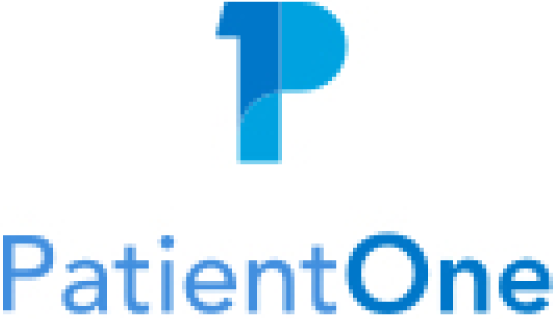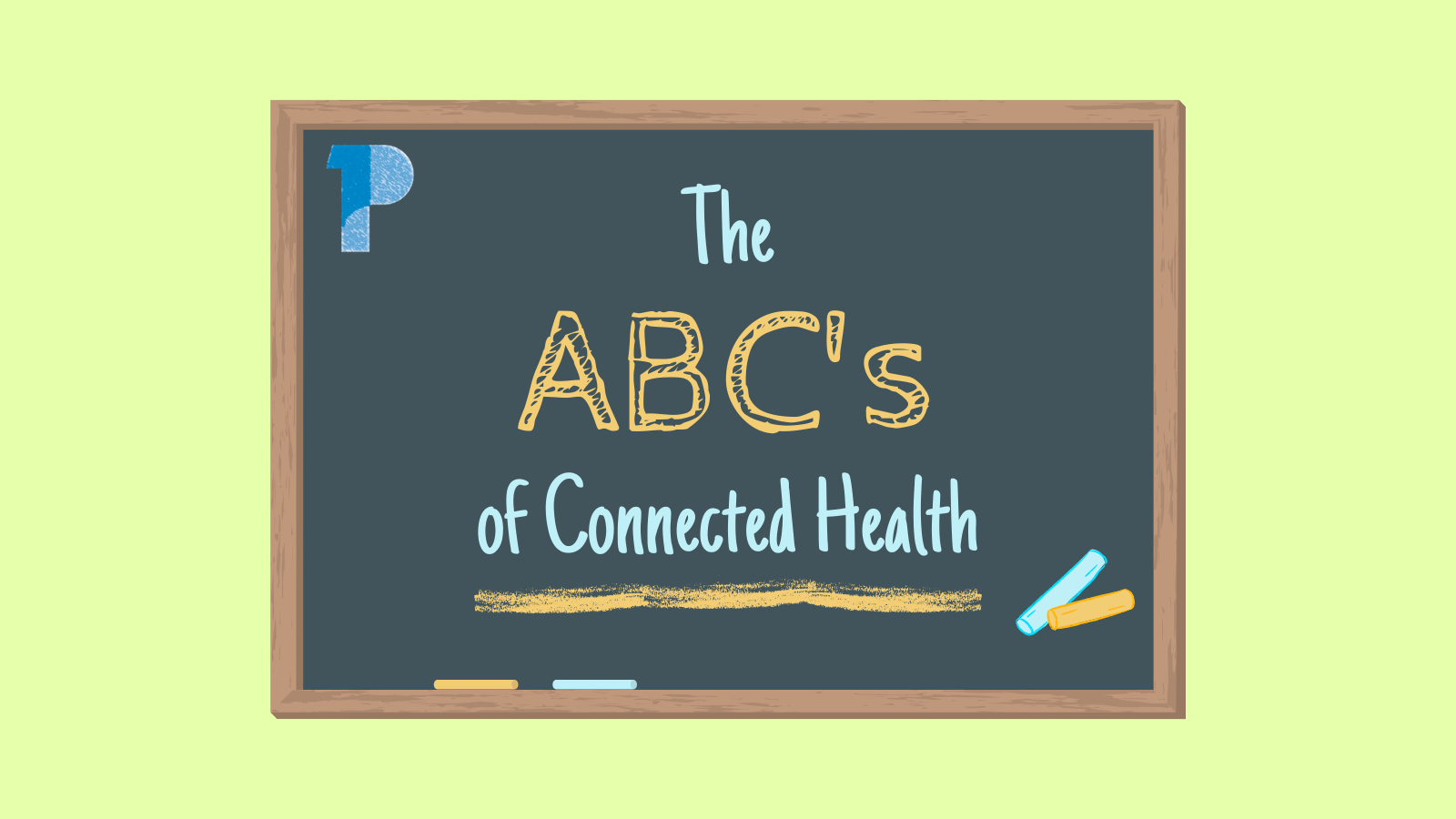Blog
Our latest news and thoughts
- All Posts
-
- Healthcare
- Remote Patient Monitoring
- Connected Care
- Patient Satisfaction
- Digital Innovation
- Standard of Care
- CMS
- Connected Health Devices
- Medicare
- Reducing Expenses
- Connected Health
- Patient Provider Relationship
- Bundled Payments
- Bundled Payments for Care Improvement
- Clinical Empathy
- Coronavirus
- Entrepreneurship
- Optimize Costs
- Physician Burnout
- Revenue
What You Need to Know About Interoperability and Connected Health
Topics: Healthcare, Medicare, Patient Satisfaction, Connected Care, Digital Innovation, Patient Provider Relationship, CMS, Connected Health
February 05, 2020
by Dozie Ezerioha, MD
Taking an oath to do no harm is a sentiment that ought to be shared not only by physicians but all who are employed within healthcare. Opposing the adoption of rules, regulations, or advancements which would otherwise improve care quality for patients or quality of life for providers is damaging to us all.
By now, it should be painstakingly clear that the inability to share information between patients, providers, and health systems is a deadly disease of its own. Every single day, patients crumble under the stress and responsibility of being stewards of their own health. Whether it’s your grandmother trying to remember which of her sixteen medications were changed during a previous visit or your brother advocating for his sick partner, the inability to share our health data among a multitude of healthcare organizations has severe costs.
In the world of healthcare, more information does not mean more problems.
This is why we should all support healthcare interoperability. The benefits of seamless data sharing are countless but don’t just take it from me. Both CMS and HHS have drafted supporting legislation that would actively strike down the silos keeping life-saving information from those who need it–our providers. Promoting secure data-sharing allows physicians to spend time treating their patients, rather than ordering redundant tests and tracking down records from countless disparate systems.
Consumers demand digitization and a cohesive connection through technology. These expectations also apply to healthcare. Giving patients easy, mobile access to their complete health records provides them with a better understanding of their health. Additionally, the ability to consult their records could offer important health insights at critical times. Health data must be in the hands of the patients.
It’s finally time to put the “Connected” in “Connected Health”
We can all agree that the current state of healthcare in America is dismal. The industry must catch up with the needs and demands of its consumers. Failure to do so puts lives at stake. By embracing the benefits and investing in interoperability, we will finally be able to put patients first and create an environment that is dedicated to their success.



